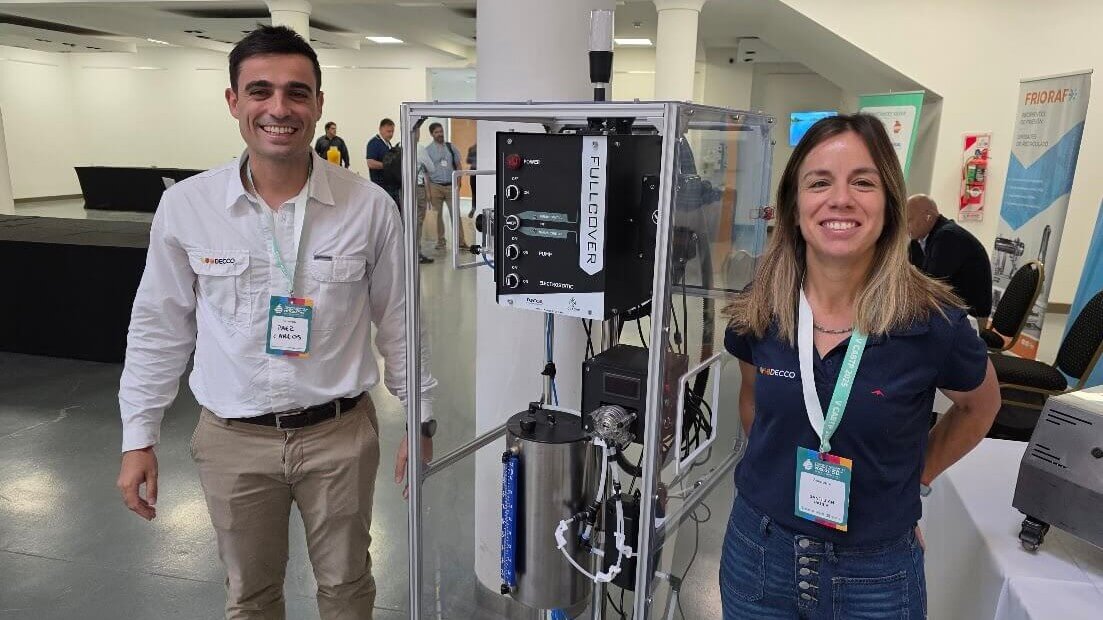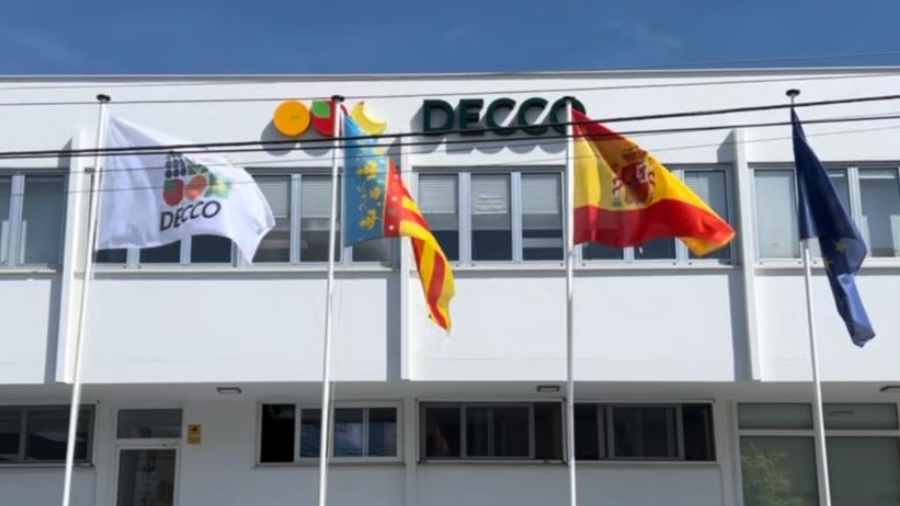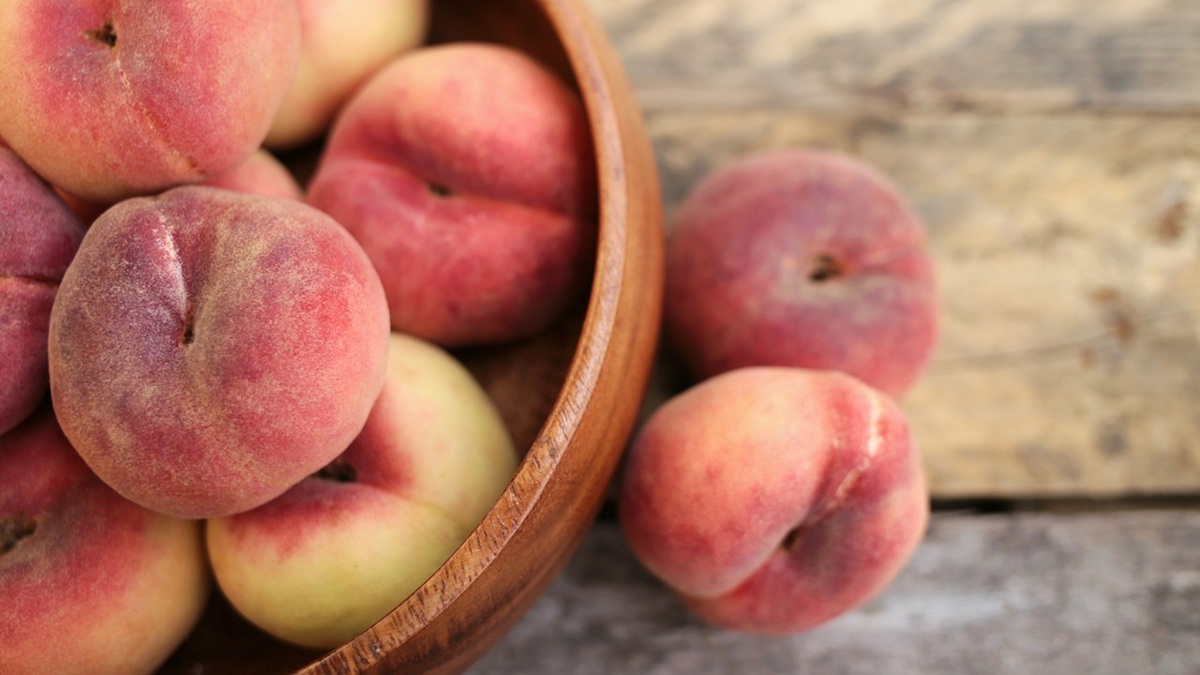Phytosanitaries
Postharvest issues of Verna lemons
The cultivation of lemons currently covers a total of 50,400 hectares in Spain. It is mainly concentrated in the Murcia region, which is the main producer and exporter of this citrus fruit. According to Ailimpo, the commercialization of Fino lemons reached 800,000 tons in the 2022-2023 campaign. For Verna lemons, a total of 200,000 tons is expected. Compared to the previous campaign, this represents a decrease of 13% and 30% respectively. In the case of Verna lemons, this decrease in production is mainly due to being an alternate-bearing variety. However, the warm and dry climate experienced throughout the Iberian Peninsula has also had a significant impact on crop yield.
24 July, 2023
The cultivation of lemons currently covers a total of 50,400 hectares in Spain. It is mainly concentrated in the Murcia region, which is the main producer and exporter of this citrus fruit. According to Ailimpo, the commercialization of Fino lemons reached 800,000 tons in the 2022-2023 campaign. For Verna lemons, a total of 200,000 tons is expected. Compared to the previous campaign, this represents a decrease of 13% and 30% respectively. In the case of Verna lemons, this decrease in production is mainly due to being an alternate-bearing variety. However, the warm and dry climate experienced throughout the Iberian Peninsula has also had a significant impact on crop yield. Postharvest issues of Verna lemons This second part of the lemon campaign presents different challenges, including: - Lack of rainfall - High solar radiation - Dry environmental conditions Therefore, this climate will negatively affect the fruit quality, leading to disorders in the skin, such as: - Tired skin with clear signs of senescence, mainly affecting the fruit that has remained on the tree for too long. - Turgidity problems due to water shortage. Postharvest solutions for Verna lemonsThe quality of citrus fruits is achieved in the field. Postharvest practices allow maintaining all the organoleptic properties achieved by the farmer until reaching the final consumer. DECCO's solutions focus on products that take care of the fruit's skin: - Decco Green: It is a plant growth regulator composed of Triclopyr 10%. Initially developed to reduce calyx disorders associated with exposure to exogenous ethylene, further research has shown its benefits for the skin of lemons as it delays senescence. - Naturcover: Decco Ibérica has developed the edible coating Naturcover+. It is an exclusive plant-based formulation to preserve the quality of lemons. Image source: Frutamare.com












